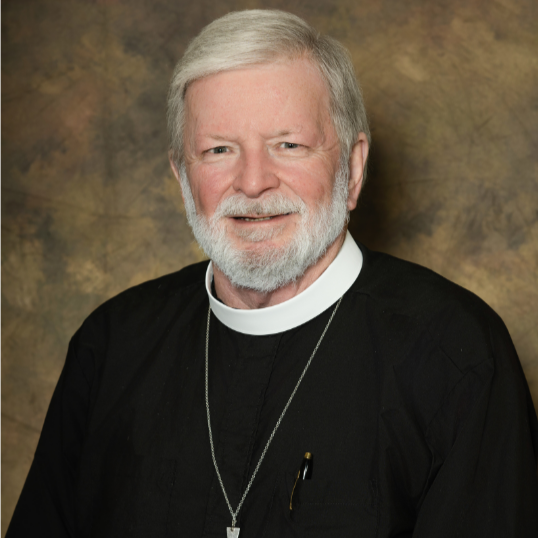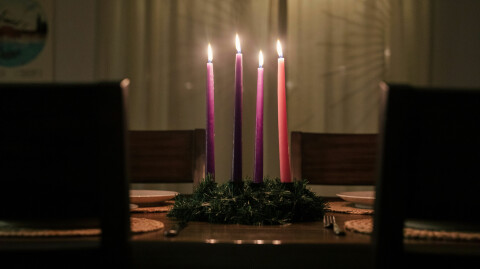“You have let go of the commands of God and are holding on to human traditions.” Mark 7:8 NIV
One of my favorite comic strips growing up was called Carmichael by Dave Eastman. Carmichael was a Mr. Everyman kind of guy, frustrated by the pressures of modern life but usually smiling, even if sometimes through tears. A miserable guy and a dead ringer for Rodney Dangerfield (before Rodney’s rise to fame), he usually just stood there in a sad-sack stance while “saying” (no speech balloons, just text under the picture) stuff in the very same “I don’t get no respect” vein as Rodney. I’ve often wondered if Rodney ever saw the panel; the resemblance and similarity of action were uncanny.
In one particular strip, Carmichael is in his robe unshaven, with disheveled hair, a sleepy look and holding a cup of coffee saying, “One cup of this magic potion in the morning, and I turn into a human being.” Now, there is something most of us can identify with. That first cup of coffee in the morning (or some alternate form of caffeine) is indeed an American tradition. For some, it may even be an addiction. I might point out here how much I love my wife and she wakes up happy every morning. However, just be aware that it is not a good idea to expect anything meaningful from her before she has her first cup of coffee. But society’s love for the bean brew hasn’t always been so. Perhaps we might want to thank Pope Clement VIII.
Coffee originated in Ethiopia in a province called Kaffa, hence the name. It was first used by the Arabs in the eleventh century as a religious drink to keep worshippers awake during long Islamic prayer vigils. (Pretty smart, when you think about it, putting the coffee hour before worship, rather than after). When coffee appeared in Europe in the sixteenth century, it was pronounced “the devil’s drink,” since it came from what was considered a pagan pot. Many clergy and “good Christians” opposed the use of coffee on the grounds (no pun intended) that it was the beverage of infidels. But it was good Pope Clement VIII who tasted it and pronounced it “fit for Christian lips.” The Holy Father’s words were all that were needed for coffee to go global.
How often do we hallow or profane something because of our own human desires or prejudices, rather than seeing them as God’s gift? For example, since the earliest Christian communities were composed mainly of Jews, images or statues were strictly forbidden (See Commandment #2 of the Big Ten in Exodus 20:4-5). Yet, the Church “borrowed” and blessed them once they began to receive converts from the pagan religions of Rome and Greece. Many things from church bells to prayer beads to the name for Easter had origins in customs from other religions. Even the organ, the sound of Christian worship, was once a pagan instrument.
Now, don’t get me wrong. I’m not saying that we as the Church should compromise who we are and what we believe. Too much of that is going on already. But we are, after all, called to be salt and light in the world, not the other way around. Instead, let us be open in our personal lives to spiritual truths and practices that may, without compromise, aid us in our journey to God and in living the life He has called us to live. For all things come from you, [O, Lord] and of your own have we given you (1 Chronicles 29:14 ESV, emphasis mine).
So, when you enjoy that first cup of joe tomorrow morning, try not to think of its pagan origins. Instead, savor the taste and give thanks to God for the gift of another day.
Prayer: Heavenly Father, You created all that is and declared it good. Help us to see Your hand at work in the world about us and to use those things that would draw us into a deeper relationship with You. Amen.
Blessings,
Steve+





